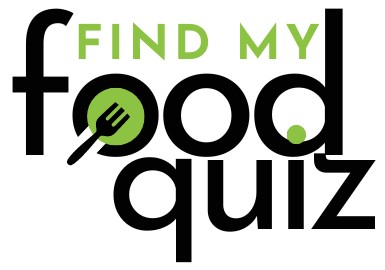Our world is increasingly aware of environmental issues, food waste stands out as a significant concern. According to the Food and Agriculture Organization (FAO), approximately one-third of all food produced globally is wasted, contributing to greenhouse gas emissions and resource depletion. As consumers seek more sustainable eating habits, meal delivery kits have emerged as a promising solution to this pressing issue. Here’s how these kits help reduce food waste and promote more responsible consumption.
1. Precise Portions
One of the primary benefits of meal delivery kits is their focus on portion control. Each kit is designed to provide exactly the amount of ingredients needed for a specific recipe, minimizing the likelihood of excess food. Traditional grocery shopping often leads to over-purchasing, resulting in unused items that spoil in the fridge. With meal delivery kits, consumers receive just the right quantities, ensuring that they use all the ingredients provided.
2. Reduced Spoilage
Meal delivery kits are typically delivered fresh and are often portioned to last longer. Ingredients are pre-measured and packaged to minimize exposure to air and light, which can accelerate spoilage. For instance, pre-packaged herbs and vegetables can be used in their entirety, reducing the chance that leftover ingredients will go bad before they can be used. This careful packaging helps extend the shelf life of fresh produce, which is often one of the most wasted categories of food.
3. Encouraging Variety and Creativity
Meal delivery kits often feature a range of recipes and ingredients that consumers may not usually purchase. This variety encourages people to try new foods and cuisines, making them more likely to use all the components of their kit. By introducing customers to unfamiliar ingredients, meal kits can inspire creativity in cooking and reduce the tendency to rely on the same familiar items, which can lead to waste.
4. Streamlined Grocery Lists
When using meal delivery kits, consumers receive a curated selection of recipes and ingredients, eliminating the need for extensive grocery lists. This targeted approach reduces the temptation to buy unnecessary items that may go unused. By focusing on specific meals for the week, customers can make informed choices about what they need and avoid impulse buys that often contribute to food waste.
5. Educational Opportunities
Many meal delivery services emphasize the importance of reducing food waste and offer tips on how to use leftovers creatively. For example, they may suggest repurposing ingredients from one meal into another, encouraging customers to think critically about how they can use every component of their kits. This education empowers consumers to adopt more sustainable practices in their cooking and shopping habits, further reducing waste at home.
6. Supporting Local Producers
Some meal delivery services source their ingredients from local farms and producers, which not only supports the local economy but also reduces the carbon footprint associated with long-distance transportation. By prioritizing local sourcing, these companies can offer fresher ingredients that are less likely to spoil before they reach consumers. This connection to local food systems can help minimize waste at every stage of the supply chain.
7. Promoting Conscious Consumption
Meal delivery kits often attract consumers who are more conscious of their eating habits and environmental impact. This mindset encourages responsible consumption and fosters a culture of sustainability. As customers become more aware of the resources that go into food production and the importance of reducing waste, they may apply these principles beyond meal kits, influencing their overall food purchasing and consumption behavior.
Conclusion
Meal delivery kits represent a practical solution to the problem of food waste. By providing precisely portioned ingredients, minimizing spoilage, and promoting creative cooking, these kits help consumers make more sustainable choices in their kitchens. As the demand for environmentally responsible products continues to grow, meal delivery services play a vital role in encouraging healthier eating habits while simultaneously reducing the impact of food waste on our planet. By opting for meal kits, consumers not only simplify their meal planning but also contribute to a more sustainable future.

